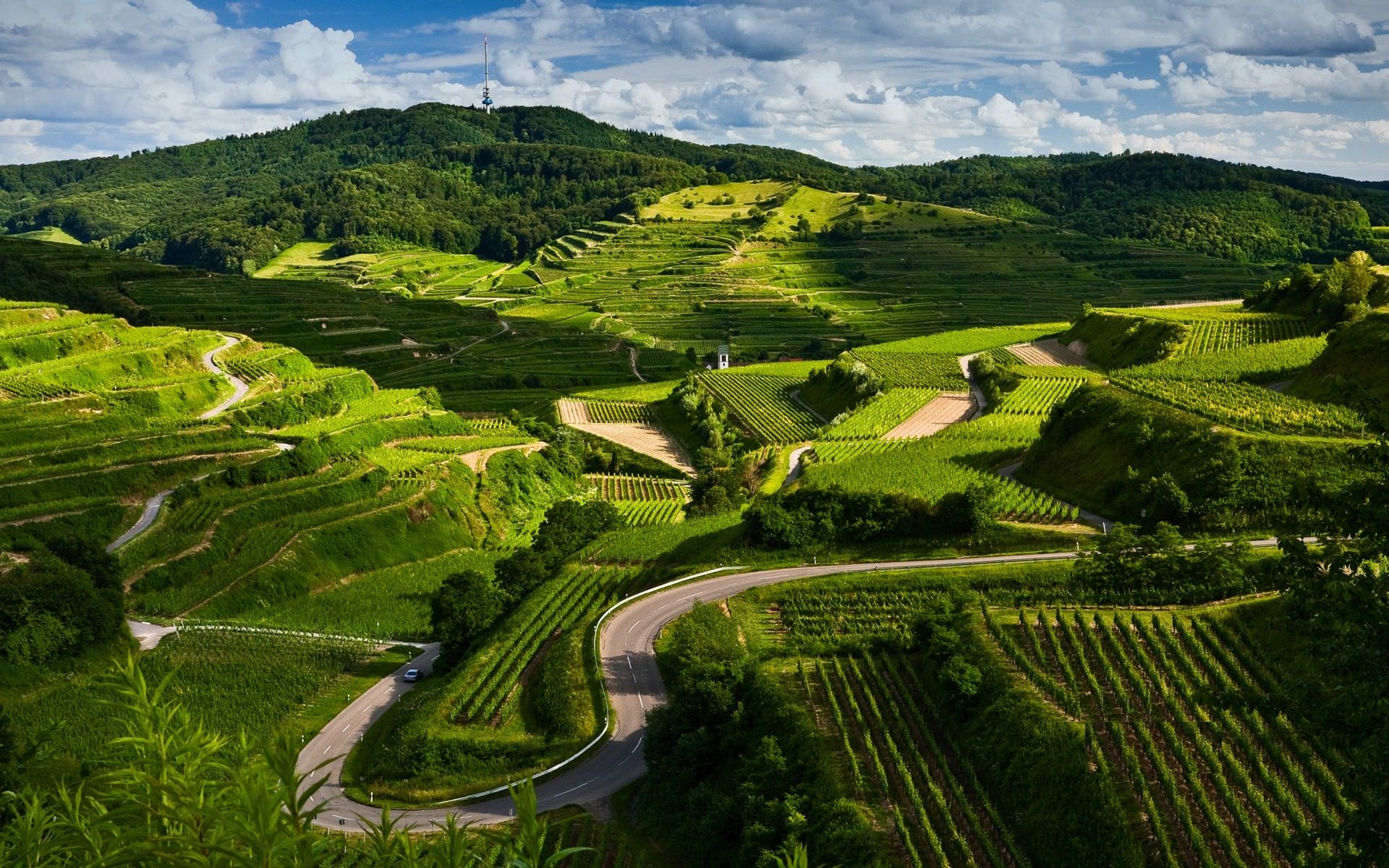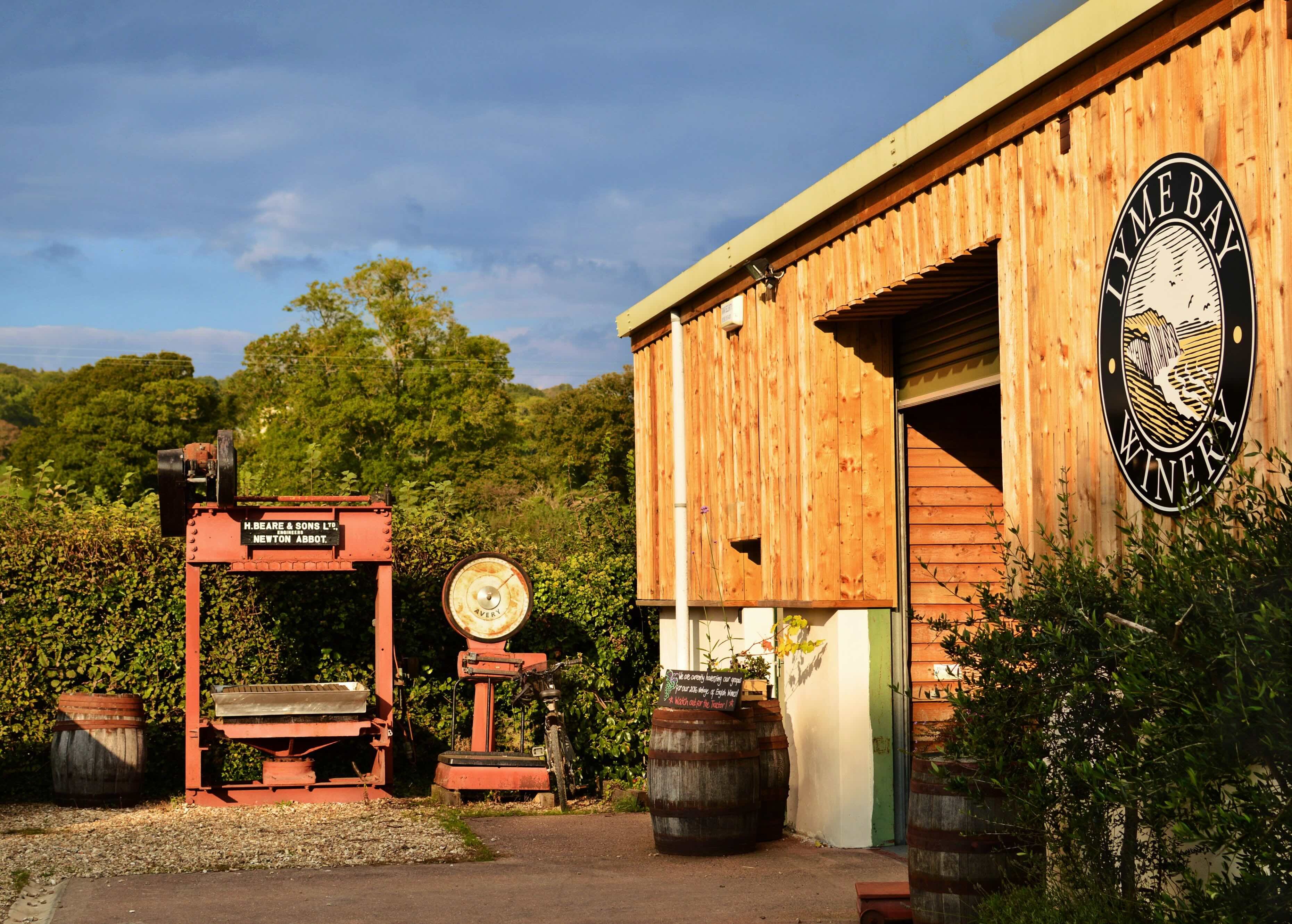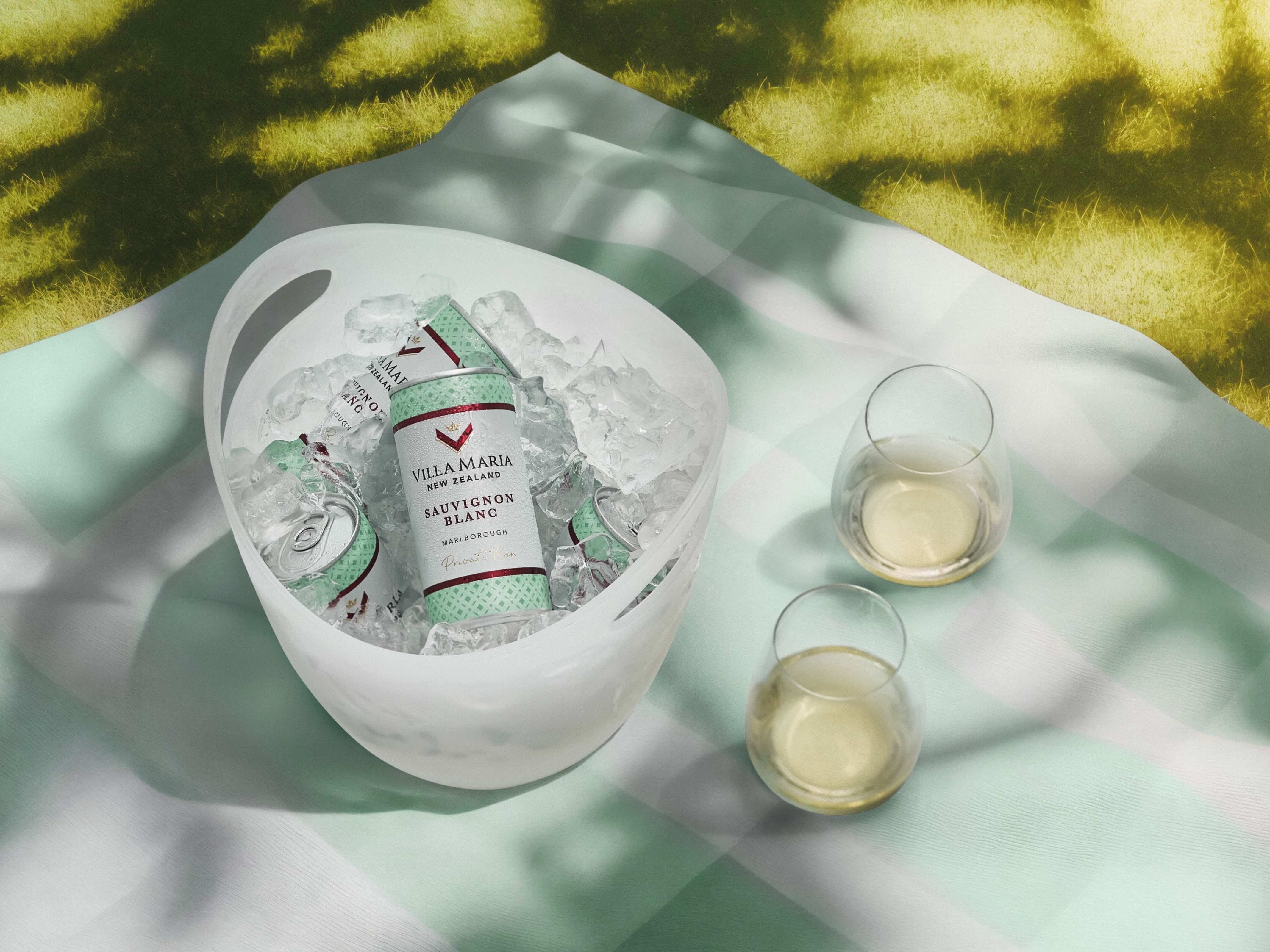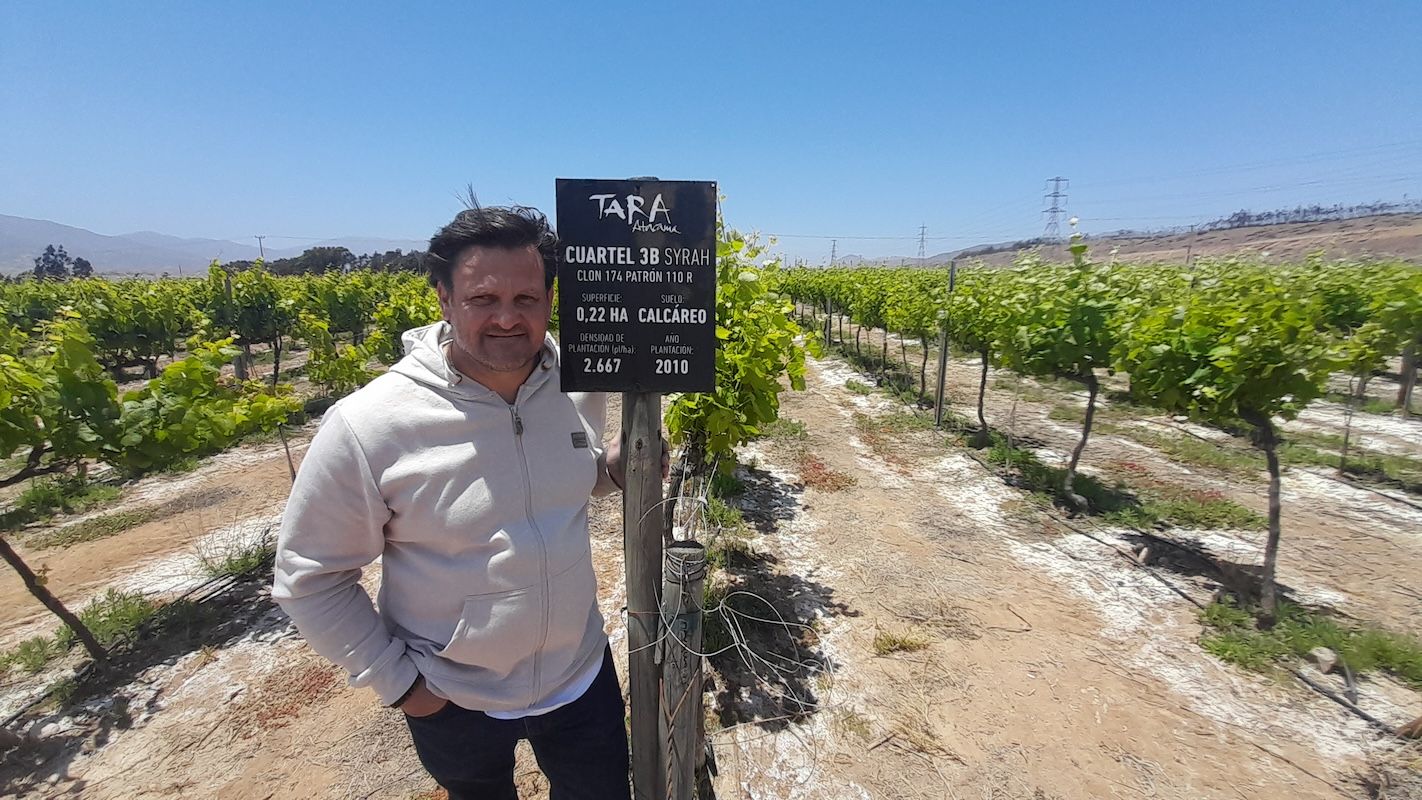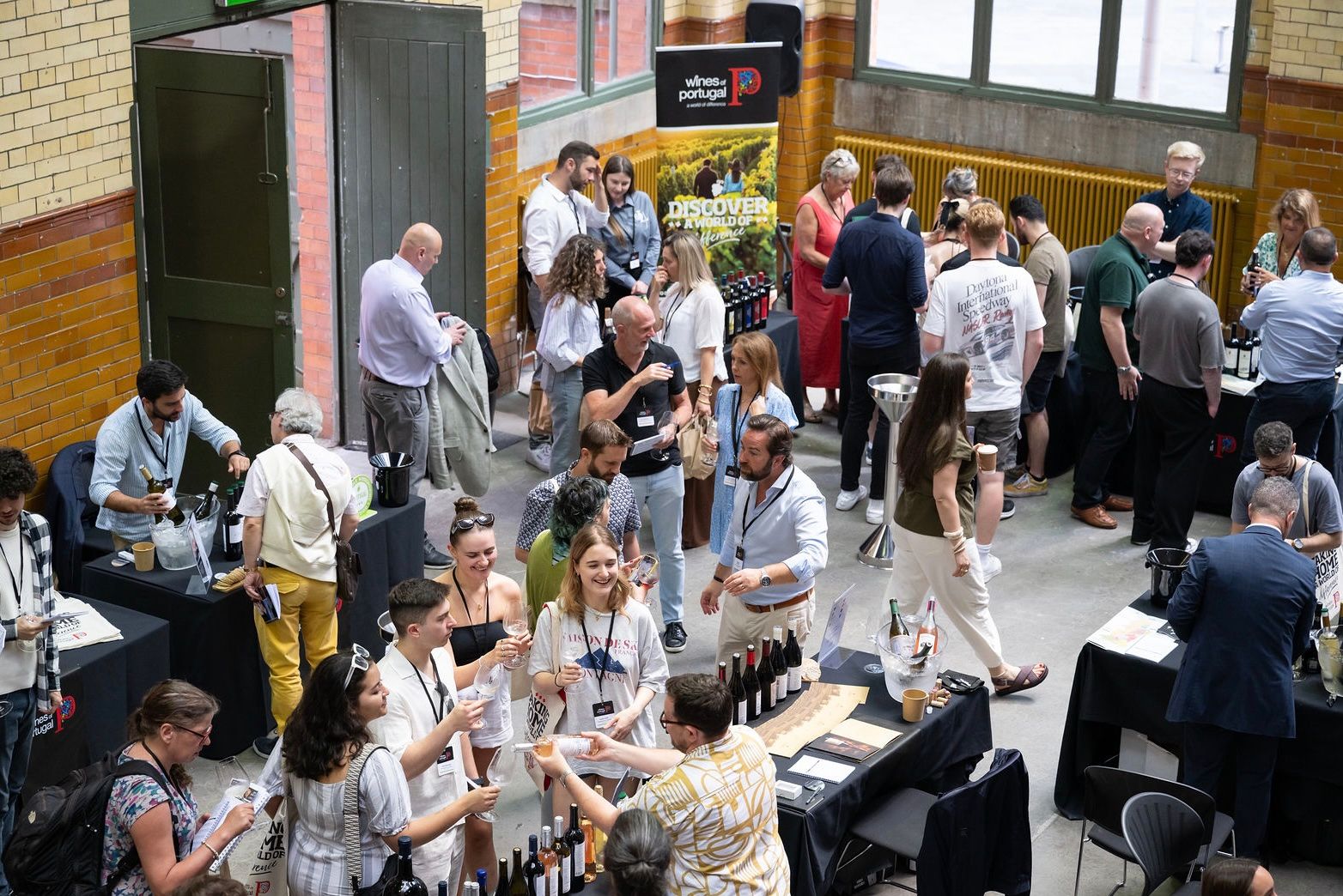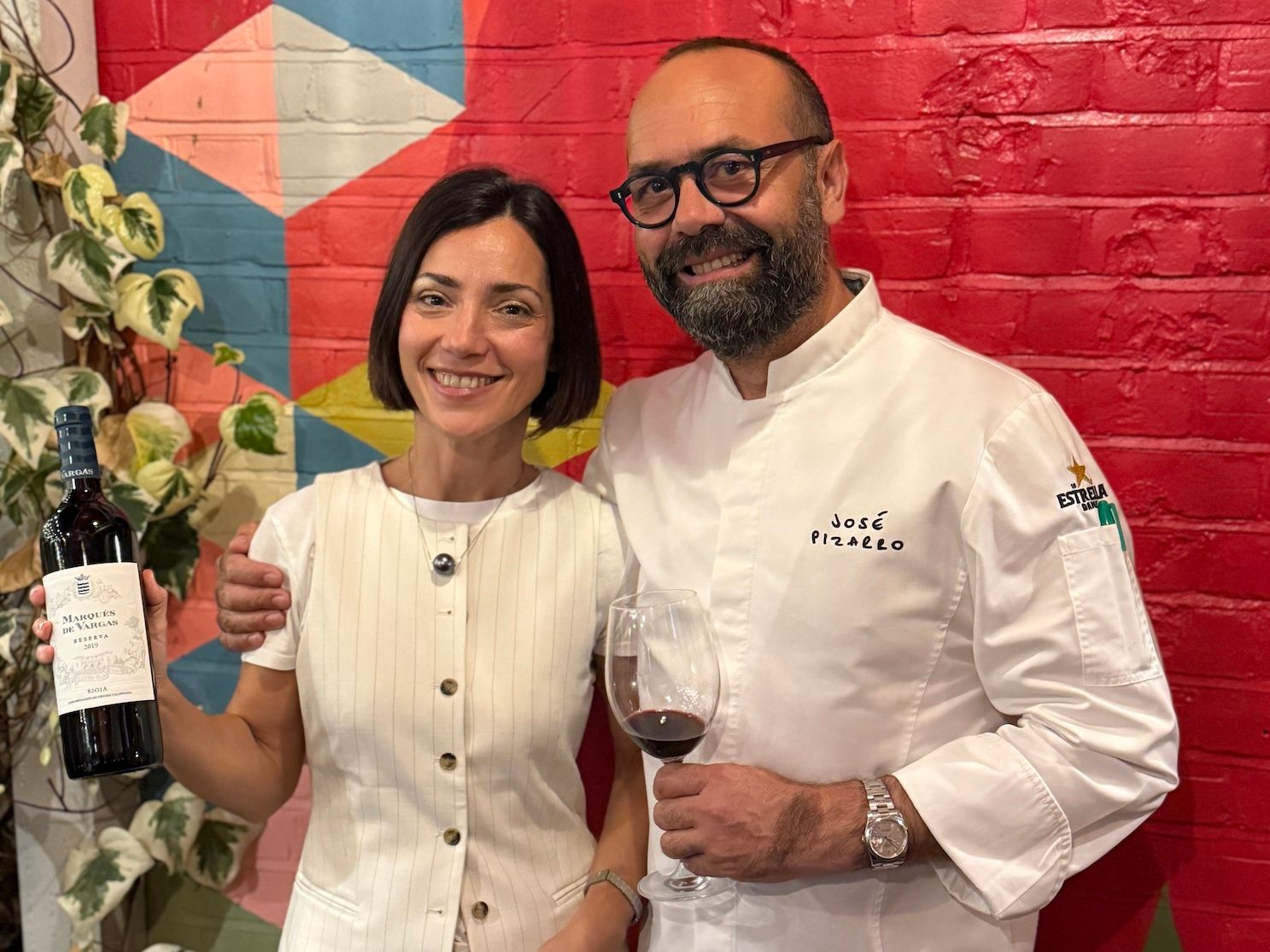Anne Krebiehl MW believes the best is yet to come for UK wine buyers and consumers when it comes to enjoying wines from Germany.
What do you think are the most exciting and interesting areas of German wine for UK buyers? And why?
That’s tricky: there is so much happening with young winemakers across the country. Both in regions that are established in the UK, like Rheingau, Mosel and Pfalz, but there’s also a lot happening elsewhere, especially Nahe, and one of my faves, Württemberg, which makes great Pinot Noir and Lemberger, the sleeper grape in Germany!
How has German wine evolved over recent years to make itself more viable for the UK market?
The wines are properly dry now: combined with their inherent lightness and freshness they are great food wines, especially for northern and fusion food concepts that sometimes struggle to find wines that are transparent, characterful enough without overwhelming the food itself. It also is a relief to see so many sassy, uncluttered labels. At last!
How did you find the blind tasting and picking the wines for this week’s Wines of Germany’s Get It On tasting?
We had fun: it was great to discover – and mostly agree – on these fabulous wines, especially in the value brackets. Some winemakers are really over delivering. It is easy to buy and make good wine when you have lots of money. These guys show it can be done for less but well!
Any specific themes or trends that came out of the wines you tasted or chose for the tasting?
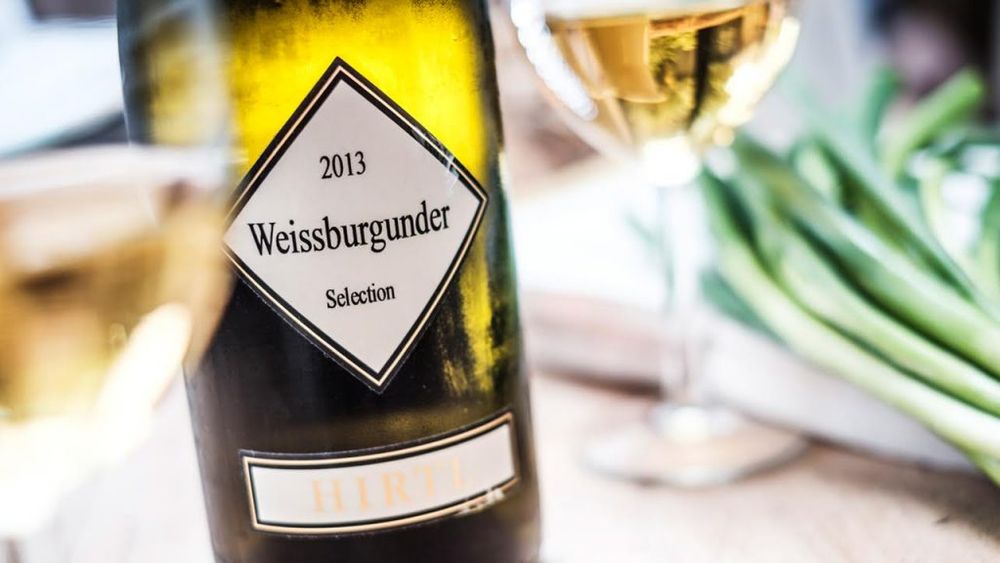
On-trade buyers need to look at the possibilities of wines from Weissburgunder
I think Weissburgunder/Pinot Blanc is really coming through and shows its personality:it is an easier sell than Riesling since it can be described as the more slender, sinuous sibling of much-loved Pinot Grigio. German Pinot Blanc, or Weissburgunder, has real backbone and flavour. It is also a great gastronomic proposition by the glass.
Are there areas of German wine you think are still waiting to find their place in the UK market?
As I have explained I think Württemberg is only just being discovered. They have a lighter red called Trollinger which can be charming without having to be a serious, big-shot, full-bodied wine. It has its firm place at the table and with the trend for lighter drinking should be explored. It sort of is the Lambrusco of Germany – and ready to conquer casual lunching in the UK.
Same goes for Lemberger, aka Blaufränkisch. This is a serious, complex and age-worthy wine – ready for the world stage.
I also think people should look beyond Mosel and Rheingau for Rieslings: Baden, Franken, Nahe and Württemberg have great examples!
What sort of styles of wine being made in Germany are best suited for the UK market and on-trade in particular?
I think the strength of German wine is their inherent freshness, I mean acidity here, which always illuminates all the other nuances of the wine and makes it an ace partner for food. This is also true for the more light-bodied wines. These are great for highlighting flavour in food without overwhelming it.
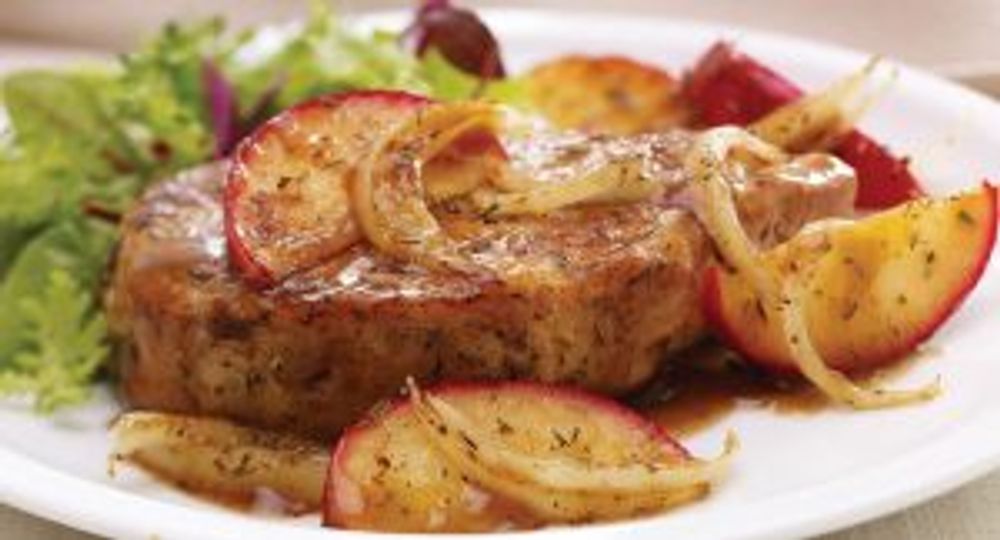
Germany’s lighter styles wines are ideal for dishes like pork with apple
Both lightness and freshness are of course linked to the temperate climate – this goes for whites and reds. There still are, of course, off-dry wines and with these there is real scope for pairing with more outré dishes. Whenever there is a sweet element in the food, say apple with pork, or a pomegranate seed in a salad, an apricot in a tagine, they will pick this up and resonate – without being sweet themselves.
Off-dry wines – often labelled ‘feinherb’ – are still not properly understood in the UK.
Sommeliers need to understand the dynamics between ultra-high acidity and some residual sugar. Sweetness comes in a huge spectrum!
How do you think Germanyis perceived by buyers in the premium on-trade. How do you get more listings?
The premium on-trade is full of Riesling lovers, and despite a much-vaunted Riesling renaissance, I see Riesling remaining a niche, delicious and delectable, but niche. The real opportunity is for grape varieties like Weissburgunder (Pinot Blanc) from across Germany and there has been a huge leap forward in Spätburgunder (Pinot Noir).
In the premium on-trade German Pinot Noir represents value and hardened Pinot-nuts are well-qualified to appreciate Spätburgunder for what it is: an elegant facet of old-world Pinot.
I am always asked what German Pinot Noir is like and I always have to give the same answer: it grows across four degrees of latitude (48-51ᵒN) on every imaginable soil and is made in numerous styles.
You cannot put Spätburgunder in a box. It’s the thinking sommelier’s grape. All you can do is explore!
Finally, if you are going to the Get It On tasting this week and have limited time, what are the quick wins?
I would look out for the great value propositions and get a good measure of what Pinot Blanc, Pinot Noir and Lemberger is all about.
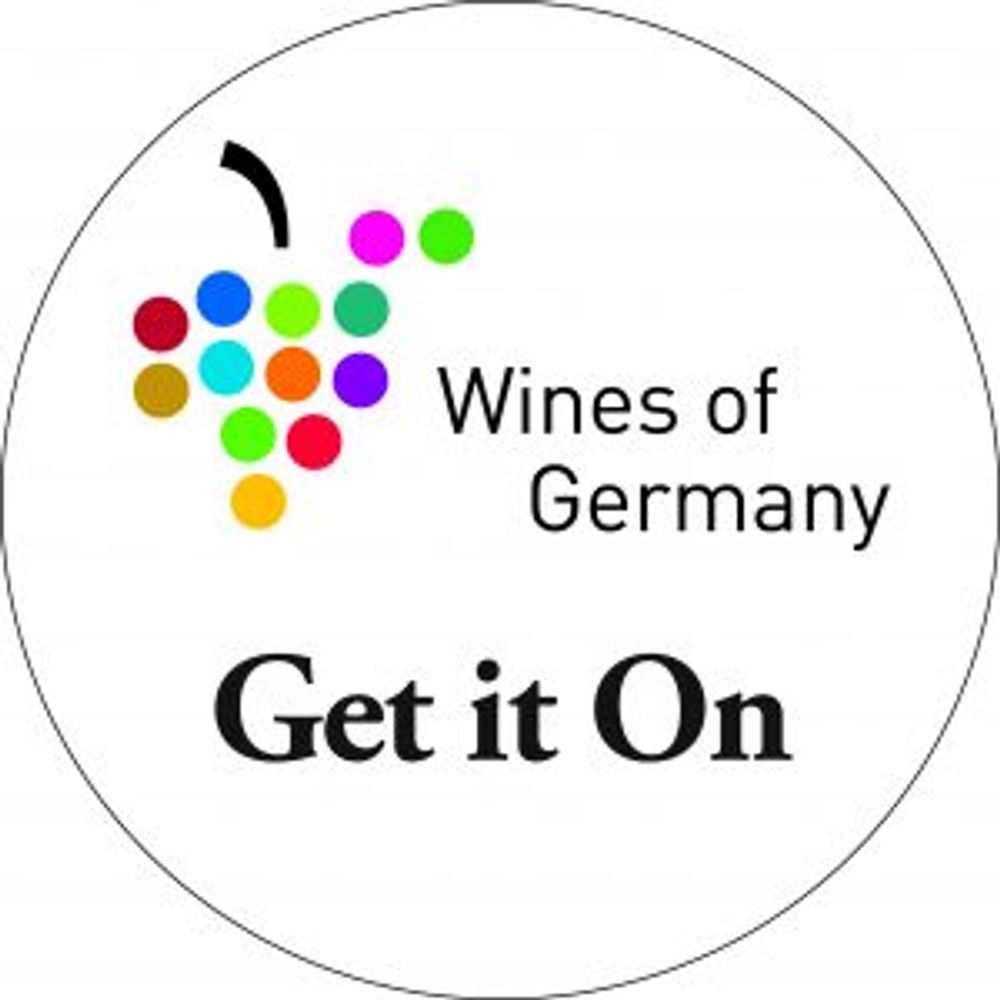
- The Wines of Germany’s Get it On tasting on November 8 is a great opportunity to really immerse yourself in the best wines available from Germany that have still to find an importer or a place in the UK’s premium on-trade. Krebiehl was part of an expert panel that has selected a line up of wines from the Get It On competition, whereby producers were able to put forward wines they hoped to be listed at the tasting. The expert panel also included Matt Walls, Helena Nicklin, Christina Schneider, Roger Jones and Beth Willard. The tasting is self pour and full details of the wineries will be available. It all takes place between 11am and 5pm at the Darren Baker Gallery, 81 Charlotte Street, London, W1 4pp. To register email germanwine@thisisphipps.com.
